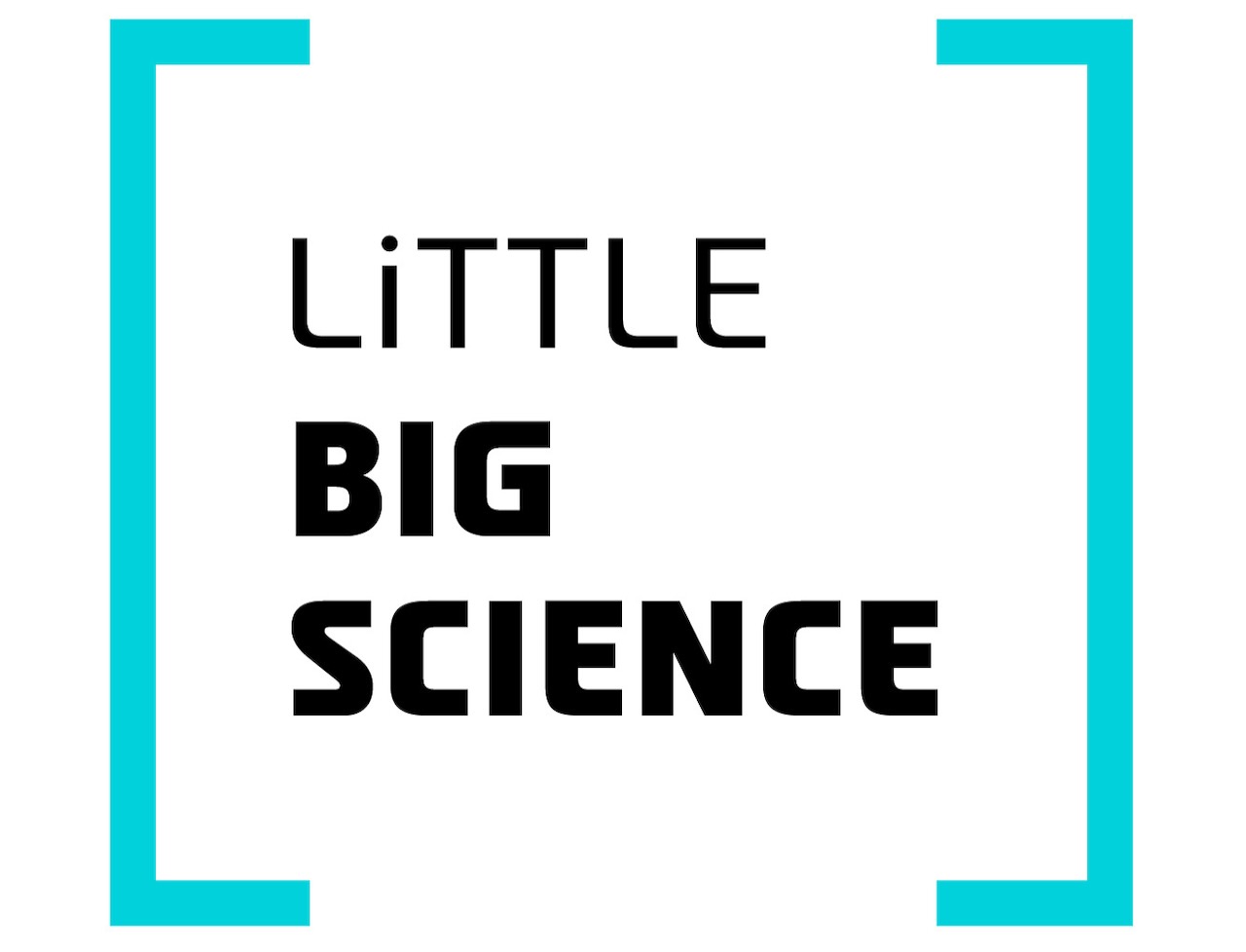
A scientific earthquake doesn’t happen every day, but many of those involved in Alzheimer’s research and treatment felt such a tremor the day before yesterday that sparked a major upheaval, when the U.S. Food and Drug Administration announced an “accelerated approval” for the drug developed by Biogen for Alzheimer’s disease. So what is this drug, and why did it unleash such a powerful storm?
Advertisement
Alzheimer’s disease primarily affects older adults who experience cognitive decline, characterized by disorientation and memory loss. In patients with the disease there is an accumulation of a protein called amyloid-β and of a protein called tau. Both processes cause neuronal death and, consequently, cognitive decline [1].
Over the past three decades more than 2,000 clinical trials have been conducted worldwide in an attempt to find a cure for Alzheimer’s disease, with roughly a quarter of these trials directed at amyloid-β, based on the idea that reducing the accumulation of this protein would delay the onset of Alzheimer’s symptoms [2]. Despite these hundreds of trials, no single treatment targeting amyloid-β has yet proven effective in delaying the appearance of disease symptoms, even though some have succeeded in preventing amyloid-β accumulation.
Consequently, researchers began searching for other factors suspected of involvement in the pathological process of Alzheimer’s, and the number of proponents of amyloid-β–targeted therapies declined. Yet several strong arguments keep this camp alive. First, in 1–5 percent of Alzheimer’s patients a single genetic factor causes the disease, and this factor is involved in increased production of amyloid-β in the brain [3]. Another reason is that chromosome 21, present in three copies in people with Down syndrome, carries the Amyloid Precursor Protein (APP) gene that encodes the APP protein from which amyloid-β is generated; this protein has been shown to be responsible for cognitive decline in those individuals [4]. Amyloid-β accumulation is toxic to neurons, and the protein has also been shown to trigger tau pathology [5, 6]. Tau accumulation occurs in the brains of Alzheimer’s patients shortly before the first clinical symptoms. Chronologically, amyloid-β deposition precedes tau accumulation, and immediately afterward early memory-loss symptoms emerge.
In 2007 the American company Biogen purchased an antibody against amyloid-β, developed by a firm called Neuroimmune, for about $380 million [7]. This antibody can bind single amyloid-β units, oligomers (protein chains), and large aggregates in the brain known as amyloid plaques. Binding of the antibody to oligomers and plaques recruits microglia, which act to dismantle these protein accumulations.
In March 2015, the results of phase 1a of the first clinical trial of the drug were reported. In August 2016, the phase 1b results were published. In a puzzling move, the U.S. Food and Drug Administration (FDA) did not require Biogen to conduct a phase 2 trial. In September 2016 the company initiated phase 3 trials, named ENGAGE and EMERGE. In March 2019, at the height of trials involving 3,482 participants, Biogen halted development after an interim analysis showed that treatment outcomes did not meet the predefined endpoints [8].
From this point the major controversy surrounding the drug’s approval began. In October 2019, Biogen announced that a new statistical analysis conducted by an independent research group showed a 23 percent reduction in cognitive decline in one treatment group in the EMERGE trial that had received the highest dose tested so far [9]. In the parallel ENGAGE trial, the reduction was only 2 percent. The company’s explanation that the differences arose from technical factors—such as different trial start dates and patients switching to higher doses during the study—was met with skepticism by many critics [9].
Although in November 2020 an external FDA advisory panel recommended against approving the drug, citing low efficacy and problems with data analysis, on June 7, 2021 the FDA approved the drug through an “accelerated approval” pathway [10]. This pathway is granted to drugs intended for life-threatening diseases or diseases with no existing effective therapy and may rely on data indicating a reasonable likelihood of clinical benefit—in this case, slowing cognitive decline in Alzheimer’s patients.
However, “accelerated approval” comes with fine print: the company that developed the drug is required to conduct a large-scale clinical trial that must conclusively demonstrate significant clinical efficacy. If this trial shows no meaningful effect on disease progression, the FDA may withdraw the accelerated approval and thereby ban distribution of the drug.
Immediately after the FDA announcement, several U.S. physicians and researchers stated that, in their view, the drug’s benefits do not justify its risks. Reasons included: (a) a marginal effect on the rate of cognitive decline; (b) a potential side effect called ARIA—Amyloid Related Imaging Abnormality—essentially local inflammation detectable by imaging. This occurs in about half of treated patients, apparently due to immune activation after the antibody enters the brain and binds its target, amyloid-β. Clinical manifestations include headaches, mood changes, confusion, vomiting, nausea, tremor, and movement problems. Nevertheless, ARIA is not considered severe and can be managed with corticosteroids such as dexamethasone. (c) The price of the drug for insured patients is still unknown, but Biogen has announced an annual cost of $56,000.
Today we know that Alzheimer’s disease develops “under the hood” for roughly two decades before symptoms appear, manifesting as a measurable condition called mild cognitive impairment, characterized through neurocognitive testing by neurologists. Researchers who support the drug’s efficacy argue that the earlier it is administered—before the first symptoms emerge—the more effective it will be. Implementing this is particularly difficult because there are currently no indicators for early diagnosis of the disease.
Time will tell whether Biogen’s Alzheimer’s drug will be effective in real-world use and what impact it will have on the pharmaceutical market and on research into the disease. For now, the approval announcement was received with low enthusiasm from professionals, while patients and their families await the medication with great anticipation.
English editing: Elee Shimshoni
References:
[1] Article discussing the link between amyloid and tau in Alzheimer’s disease:
[2] Article summarizing all Alzheimer’s clinical trials up to 2019:
[3] Article describing the genetic factors in early-onset Alzheimer’s disease:
[4] Article showing that APP is responsible for cognitive decline in people with Down syndrome
[5]Articles demonstrating that amyloid-β induces tau pathology in Alzheimer’s disease:
[6] https://molecularneurodegeneration.biomedcentral.com/articles/10.1186/1750-1326-9-51
[7] Report on Biogen’s acquisition of Neuroimmune:
[8] Biogen press release on halting the aducanumab clinical trial:
[9] Discussion of the surprising turnaround in aducanumab efficacy analysis:







